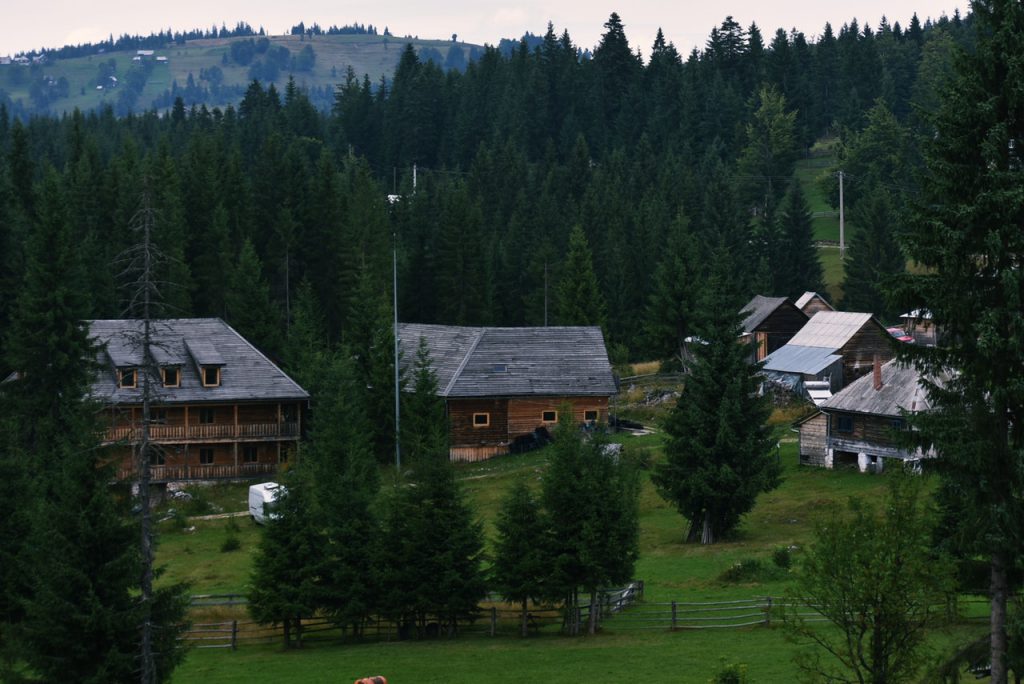
4 Things Tourists Should Never Do In Europe
Europe is one of the most wonderful continents to explore on the earth, probably the best. Whether it’s the historic Colosseum or the futuristic Atomium, Europe has everything when it comes to art, culture, architecture, gastronomy, and so on. As a result, visitors from other developed countries travel to countries like France, England, and Switzerland to enjoy the vibrant culture and way of life in cities such as Paris, Prague, London, Munich, and Zurich.
When visiting Europe, you must always ensure that you follow the important norms and regulations. There are certain things not to do in Europe that you should think about and remember during your vacation.
- Do Not Walk in Bicycle Lanes:
Bicycles are a very efficient form of transportation in many nations around Europe. It is inexpensive, good for the environment, and easily accessible, and the well-connected bicycle lanes also assist aspiring professionals in getting to work on time. Walking in bike lanes is thus a major crime that may be extremely dangerous for both the rider and you.
It might result in injuries, which would detract from the fun of your holiday. You might also risk being yelled at by enraged bikers and facing the wrath of their piercing bells
- Ignorant About the Local Customs:
There are just no excuses these days. Being uninformed of the most essential cultural norms and rules of the nation you are visiting is not just unwise; it’s also unsafe, since breaching these standards might put you in trouble with the authorities or locals.
- Never have cash on hand:
When traveling, keep in mind that currency is king in any society. Always leave your lodging with at least a little quantity of cash and do not rely on your bank card. This means you’ll always have a backup in case your bank card is declined, misplaced, or stolen. However, you should be careful when traveling with cash, make sure you use secret pockets or socks to hide while traveling in different countries.
- Don’t Assume That Everyone Understands English:
Since the Second World War, Europe has been divided into East and West, and these divides have not only resulted from but also influenced linguistic and ethnic disparities. Although English is one of the most commonly spoken languages, some Europeans (including those who are bilingual or trilingual) are not expected to know it.
You may come across waiters or attendants chatting in English in public areas such as restaurants, museums, and cafés. Even yet, there will be public venues where the workers do not speak the language.
